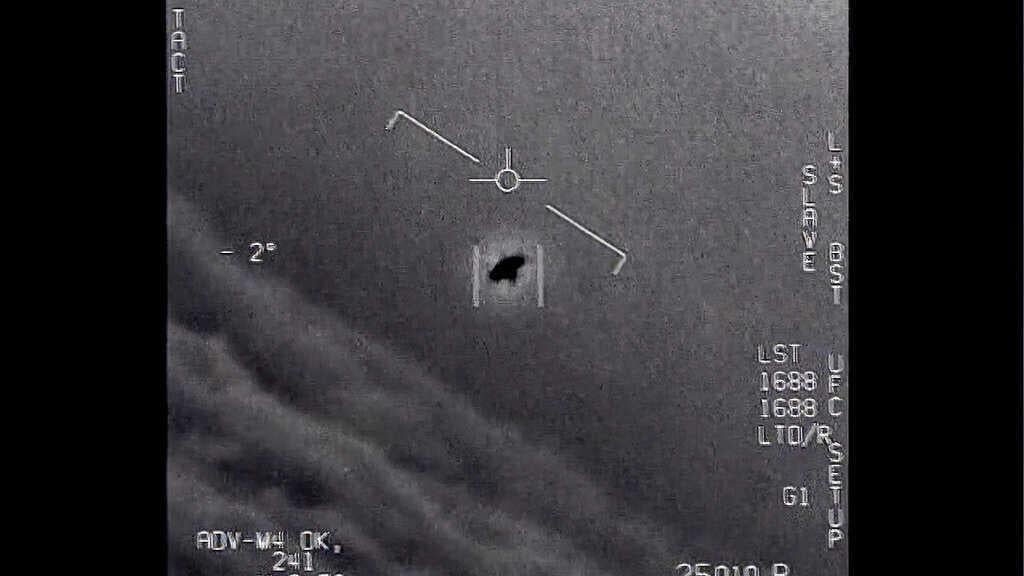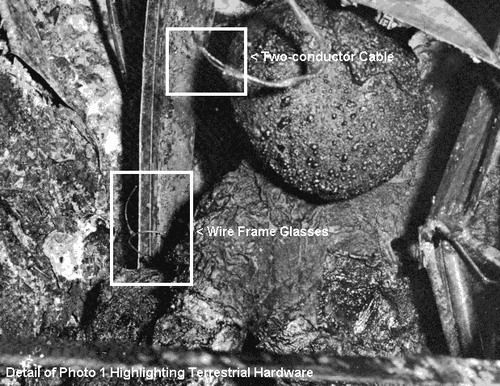Cultural Impact with UFOs: Shaping Beliefs and Fears in Modern Society

The phenomenon of Unidentified Flying Objects (UFOs) has captivated human imagination for decades, transcending the boundaries of science fiction and entering the realm of cultural discourse. From the early sightings in the 1940s to the recent revelations by military personnel, UFOs have become a significant part of contemporary culture, influencing beliefs, fears, and societal norms. This article explores the cultural impact of UFOs and how they shape our understanding of the unknown.
Historical Context
The modern UFO phenomenon began in the mid-20th century, particularly after World War II. The term "flying saucer" gained popularity following Kenneth Arnold's sighting in 1947, which sparked a wave of interest and speculation about extraterrestrial life. This period marked the beginning of a cultural shift, where UFOs were not merely seen as anomalies but as potential evidence of alien life. The Cold War era further fueled these beliefs, as fears of the unknown and the threat of nuclear war created a fertile ground for conspiracy theories and UFO sightings.
UFOs in Popular Media
UFOs have permeated popular culture through various media, including films, television shows, and literature. Iconic movies such as "Close Encounters of the Third Kind" and "E.T. the Extra-Terrestrial" have portrayed extraterrestrial beings as either benevolent or malevolent, shaping public perception of UFOs. Television series like "The X-Files" have delved into conspiracy theories surrounding government cover-ups and alien encounters, further embedding UFOs into the cultural zeitgeist. This representation in media not only entertains but also influences societal beliefs about the existence of extraterrestrial life.
Beliefs and Conspiracy Theories
The cultural impact of UFOs extends beyond entertainment; it has fostered a myriad of beliefs and conspiracy theories. Many individuals who claim to have witnessed cultural impact with UFO report feelings of awe and fear, leading to a belief in the existence of extraterrestrial beings. These beliefs are often intertwined with conspiracy theories, suggesting that governments are hiding information about alien encounters. The idea that UFOs are part of a larger cover-up resonates with those who feel distrustful of authority, creating a subculture that thrives on speculation and alternative narratives.
Psychological Effects
The fascination with UFOs can also be understood through a psychological lens. The unknown often evokes fear, and UFOs represent one of humanity's greatest fears: the possibility of life beyond Earth. This fear is compounded by the portrayal of aliens in media as hostile or threatening. The psychological impact of UFO sightings can lead to anxiety and paranoia, as individuals grapple with the implications of extraterrestrial life. Conversely, some find comfort in the idea of UFOs, viewing them as a sign of hope and the potential for contact with advanced civilizations.

Sociopolitical Implications
The cultural impact of UFOs is not limited to individual beliefs; it also has sociopolitical implications. Governments have historically been secretive about UFO sightings and investigations, leading to public distrust and speculation. The recent declassification of military UFO reports has reignited interest and debate about the government's role in addressing these phenomena. This transparency can be seen as a response to public demand for accountability, reflecting a shift in how society engages with the unknown.
The Role of Technology
Advancements in technology have also played a crucial role in shaping the cultural narrative around UFOs. The proliferation of smartphones and social media has made it easier for individuals to document and share their experiences with UFOs. This democratization of information has led to a surge in UFO sightings being reported online, creating a global community of enthusiasts and skeptics alike. The internet serves as a platform for discussion, analysis, and the dissemination of information, further entrenching UFOs in contemporary culture.
Conclusion
The cultural impact of UFOs is profound, influencing beliefs, fears, and societal norms in modern society. From their historical roots to their portrayal in popular media, UFOs have become a symbol of the unknown, evoking both fascination and fear. As technology continues to evolve and new information emerges, the discourse surrounding UFOs will likely persist, shaping our understanding of the universe and our place within it. Ultimately, the phenomenon of UFOs serves as a mirror reflecting humanity's deepest fears and aspirations, reminding us of the mysteries that still lie beyond our reach.

- Art
- Causes
- Crafts
- Dance
- Drinks
- Film
- Fitness
- Food
- Oyunlar
- Gardening
- Health
- Home
- Literature
- Music
- Networking
- Other
- Party
- Religion
- Shopping
- Sports
- Theater
- Wellness


